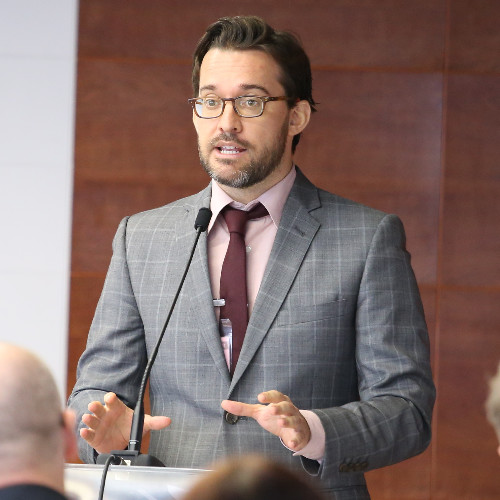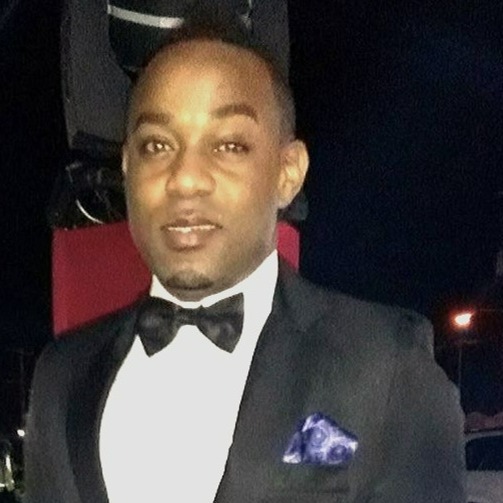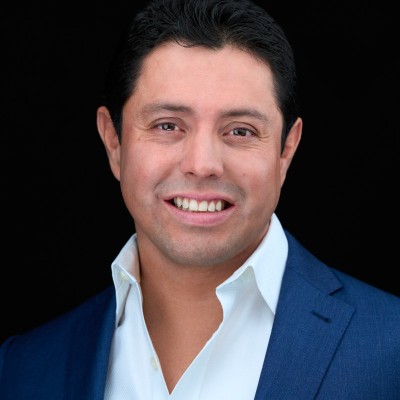International Mediation Campus provides services and training in mediation and conflict resolution internationally.
Contact Us
- International Mediation Online Training
- welcome@im-campus.com
- +49 163 289 200 0
- Free Video Call Appointment
Only a few places left! REGISTER TODAY for our internationally accredited Course in Mediation.


What happens when the people holding the guns aren’t fighting for a cause, but for cash? Around the world, criminal armed groups and networks are controlling neighbourhoods, fuelling violence, and corrupting governments. They’re not always at the peace table, but they often have the power to sabotage it. Can we talk to them? Should we? And if we do—how?
This webinar explores what happens when the worlds of mediation and organised crime collide. Drawing on real-world examples from Latin America to West Africa we’ll look at how mediators are beginning to engage with criminalised armed actors, sometimes successfully reducing violence or opening up unexpected paths to peace. We’ll explore how dialogue, negotiation, and trust-building can still have a place, even when the actors involved don’t fit our traditional ideas of legitimacy or peacebuilding – and what the rest of the world of peacemaking can learn from negotiating with criminal groups.
This session is for anyone curious about what it means to work on the frontier of mediation and conflict resolution. Whether you’re a professional mediator, a student of peace, or simply intrigued by the big, messy questions of our time, join us to explore how we might rethink the limits of negotiation, and what it takes to build peace in a world where crime and conflict are increasingly entangled.





Experiences with our training to become a mediator
Our participants have various professional und cultural backgrounds. After the successful completion of your training, you can be part of our huge IMC Fellows network meeting former participants from different working fields such as UN negotiators, NGO, WHO, judges of supreme courts, psychologists and more. Be ready for a very active and unique network of people based in more than 70 countries.


























You need to load content from reCAPTCHA to submit the form. Please note that doing so will share data with third-party providers.
More InformationYou need to load content from reCAPTCHA to submit the form. Please note that doing so will share data with third-party providers.
More Information